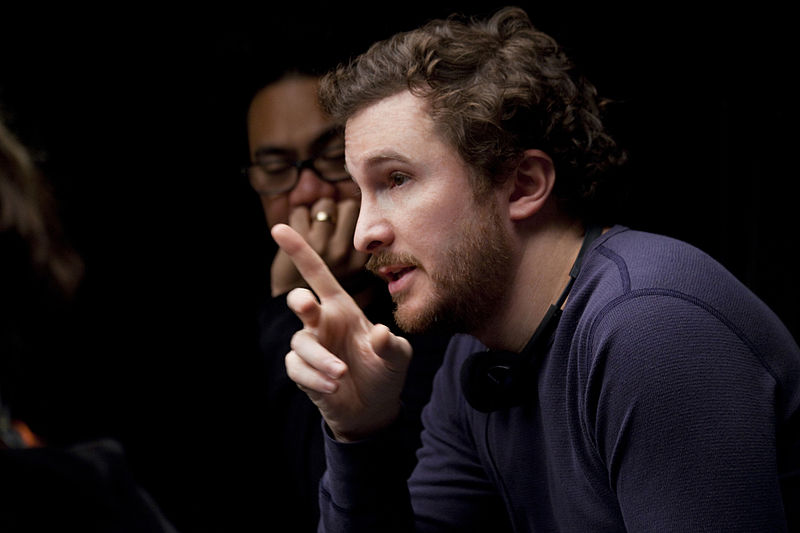What had been rumored for years became official Monday when Paramount Pictures and New Regency Productions announced that Academy Award nominee Darren Aronofsky will direct the feature film Noah.

“Since I was a kid, I have been moved and inspired by the story of Noah and his family’s journey,” Aronofsky (Black Swan, The Wrestler) said in a press release. “The imagination of countless generations have sparked to this epic story of faith. It’s my hope that I can present a window into Noah’s passion and perseverance for the silver screen.”
Christian Bale is rumored to be the frontrunner to play the title character. Academy Award nominee John Logan (Gladiator, The Aviator) will re-write the original script penned by Aronofsky and Ari Hanel. Filming will begin in the spring, with the shoot lasting an estimated 40 days and 40 nights (just kidding on that last part).
Noah was last seen on the big screen looking an awful lot like a heavily bearded Steve Carrell in the 2007 comedy Evan Almighty, a box office and critical bust. There have also been a number of animated versions over the years, and a 1999 TV version starring Jon Voight as the title character.
It’s not the first time Aronofsky has tackled religion or spiritual matters on the big screen. The Fountain (2006) was, as our reviewer Jeffrey Overstreet put it, a “science fiction mind-bender (in which) we learn that our sufferings are caused by our separation from the Tree of Life mentioned in the book of Genesis.” But ultimately, the characters showed little interest in God himself.
Overstreet also wrote in that review, “Spiritual exploration seems to be Aronofsky’s forte, after all. His first film, Pi, told a troubling tale about a headache-prone mathematical genius who began to suspect that God was speaking to him through the numbers. The next film, Requiem for a Dream, portrayed people succumbing to addictions of all kinds, looking for satisfaction and solace in all the wrong places. Each project has been risky, experimental, and uniquely philosophical. In The Fountain, it becomes clear that Aronofsky believes our sufferings stem from both spiritual and physical lack. So his characters take dangerous risks in order to find healing for their bodies and their hearts.”
In an interview with CT at the time, Aronofsky spoke about dealing with mortality and “the sanctity of life.” He said that The Fountain was “in many ways . . . about science versus art, and religion versus spirituality. You have these [scientific and religious] dogmas that are the languages of a certain type of discovery, but beneath that you have a certain type of acceptance and truth.”
But it might be a leap to say that the director, who grew up in a Jewish home, holds to an orthodox Christian view of the world. In that same interview, he said, “At the core of so many different religions is the spiritual truth which unites us all. It’s just amazing when you look at the Judeo-Christian/Islamic foundation in Genesis about the two trees in the Garden of Eden—the Tree of Knowledge and the Tree of Life—and man and woman ate from the Tree of Knowledge and were basically banned from Eden. They could no longer eat from the Tree of Life. You think about that, and then you go to the Mayan tradition. Think about how separate the Jews were from the Mayans! They were separated by, who knows, thousands of years—and yet, the Mayans tell a story about ‘a first father,’ an Adam, who had to make a sacrifice for the Tree of Life.
“To me, that’s amazing that there’s this unity of spiritual sense between many of the faiths. I think that there is something that makes us all human. From all our different faiths and beliefs, there is something that connects us.”
(Photo by Niko Tavernise)









